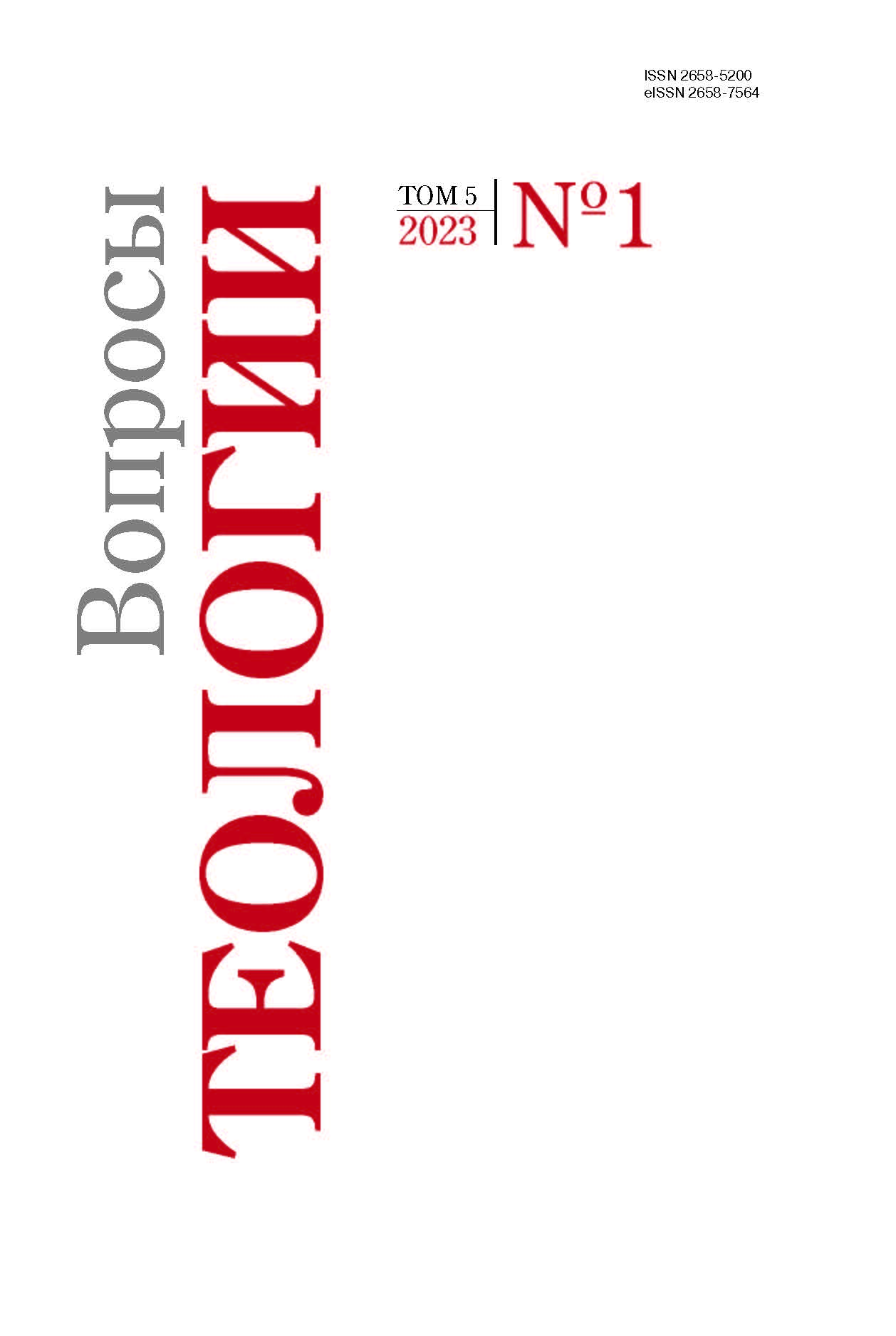Peculiarities of religious and secular views on upbringing and moral development
DOI:
https://doi.org/10.21638/spbu28.2023.108Abstract
This article analyzes two approaches to the educational process: postsecular, based on John Dewey’s educational project, and religious, based on Sergei Rachinsky’s peasant school project, which was based on the principle of Christian love. The need to analyze these approaches stems from the global challenges that call for a rethinking of the philosophical foundations of contemporary education, which until recently was understood as a “marketplace of educational services”, where all pedagogical approaches and practices are in demand, while the achievements of educational creativity are losing their most important and essential element — human personality development. The secularization tendency leads to haphazardness and randomness in organizing both the educational process and the implementation of pedagogical training, because the processes are in fact dependent on momentary and transient historical, political, cultural, and other circumstances. As a result, an important property of contemporary science is pointed out, which determines the one-sidedness of any purely secular approach to educational problems. This quality is manifested in the fact that contemporary science urgently needs such an integrated discipline as theology, which would unify the diverse achievements of secular science on the basis of traditional values.
Keywords:
education, upbringing, Christianity, love, John Dewey, Sergei Rachinsky, theology
Downloads
References
References
Downloads
Published
Issue
Section
License
Articles of "Issues of Theology" are open access distributed under the terms of the License Agreement with Saint Petersburg State University, which permits to the authors unrestricted distribution and self-archiving free of charge.




